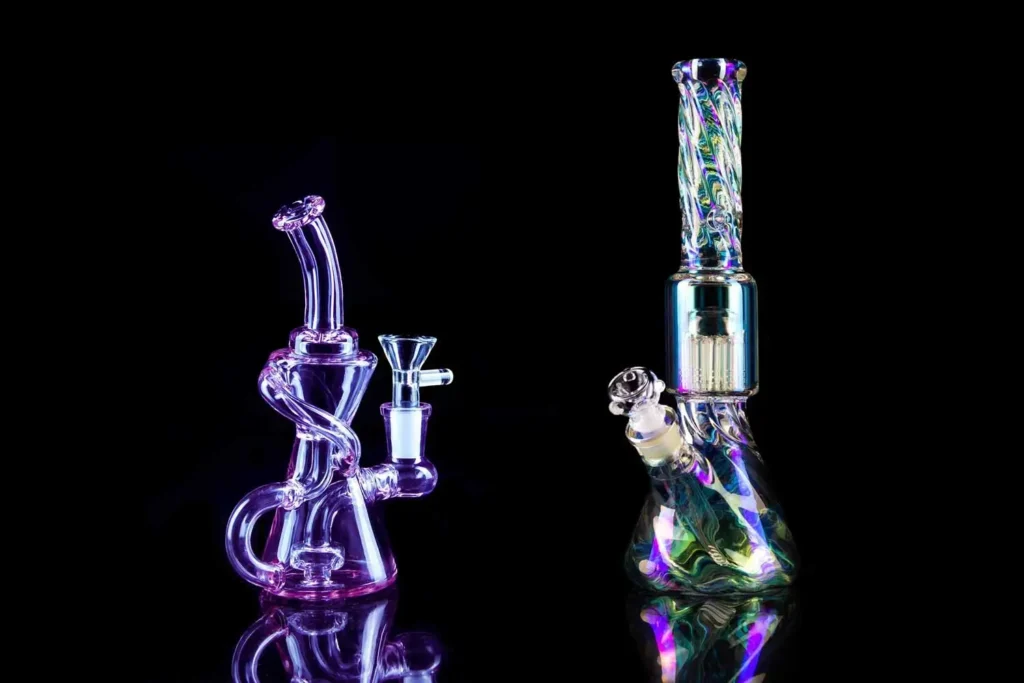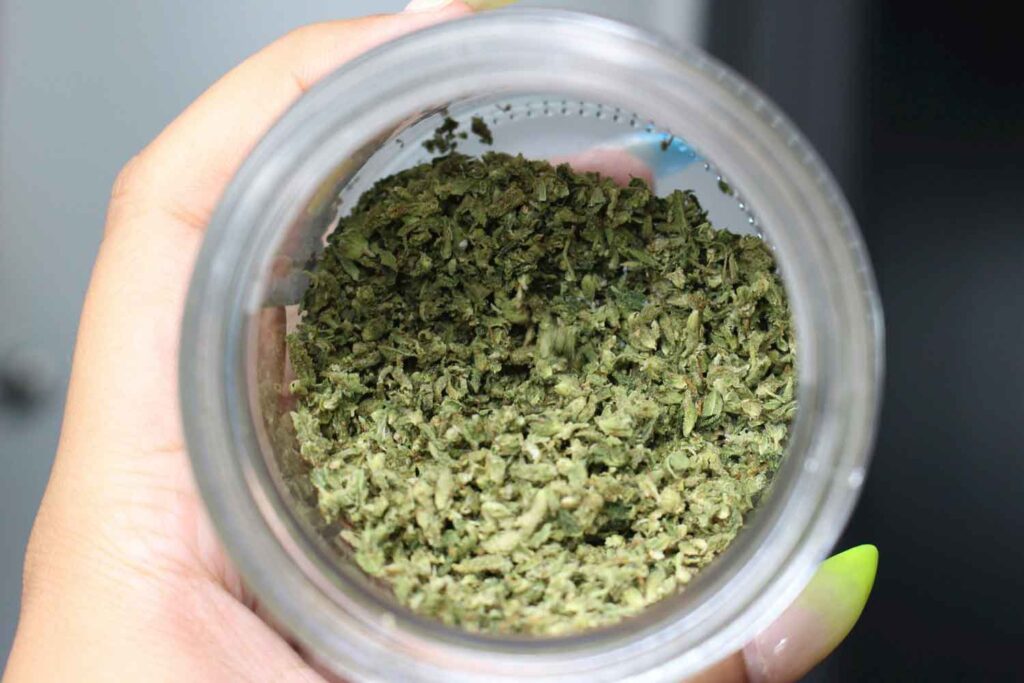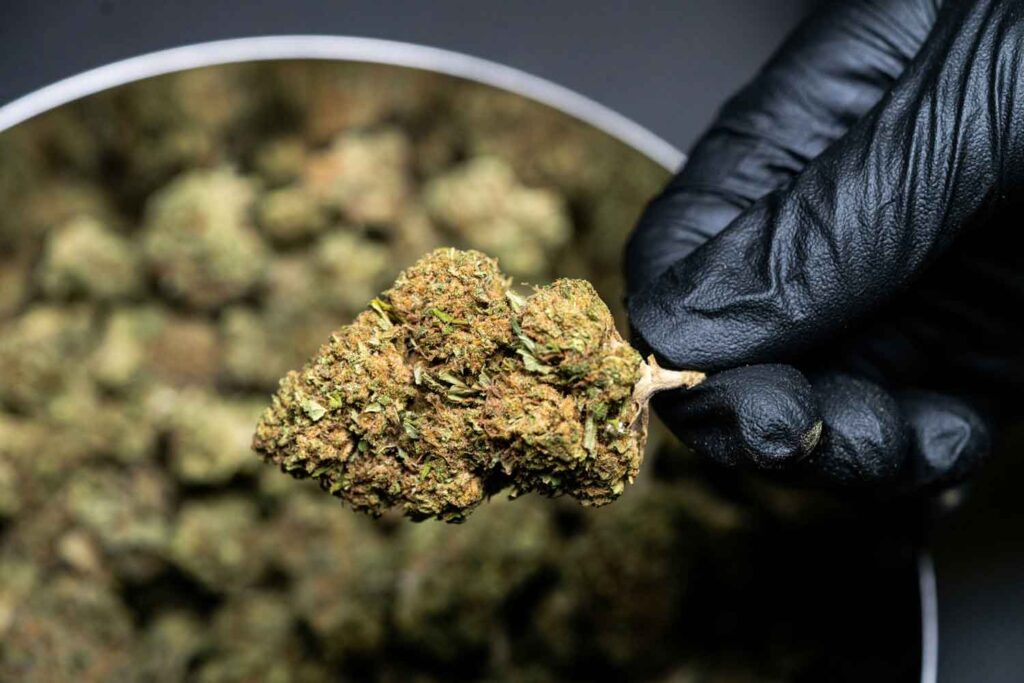How Much Weed is Considered Heavy Use

As weed becomes more socially acceptable for both medicinal and recreational purposes, a pressing question emerges: how much is too much? Today, there have been growing concerns about heavy weed use, particularly among teenagers and young adults.
Join us as we explore the thin line between casual and heavy weed consumption and ways to address it.
Photo: Unsplash
What is considered a heavy weed smoker
People respond differently to weed, and what might be considered heavy use may vary from one person to another. However, here are indicators that you’re a heavy weed user:
Frequency
How often you consume weed plays a role in how heavy your usage is. With that said, consuming weed every day or on a near-daily basis is considered heavy use. However, if you only consume weed infrequently, you typically wouldn’t be considered a heavy user.
What’s more, someone might be consuming weed regularly but in moderate amounts without necessarily being considered a heavy smoker.
Quantity
Consuming a significant amount of weed in a single session can be considered heavy use. Although dosage may depend on your age, weight, gender, and more, frequent binge weed consumption can be an indicator of chronic consumption.
Tolerance development
As a novice smoker, you only need a few hits to experience the buzz. But due to continued use, now you have to consume more weed to experience the same effects.
Frequent use of weed can lead to tolerance development, which can be an early sign of heavy use.
Heavy weed use side effects
The side effects of problematic weed usage can be categorized into short and long-term effects.
Short-term side effects
These effects occur almost immediately after heavy weed use and include:
Dry mouth (cottonmouth)
After heavy weed use, you may experience dryness in your mouth, which can be irritating. However, you can address the issue by drinking enough fluids before, during, and after the session.
Besides a dry mouth, you can also experience increased heart rate and red, dry eyes.
Psychological issues
Cannabis has the potential to manage mental health issues such as depression, anxiety, and paranoia. However, heavy weed use may make you more anxious, depressed, or paranoid, especially if you have a low tolerance or you’re suffering from the same.
Long-term side effects
Typically, the long-term effects of chronic use are more pronounced and have a more significant impact on you. They include:
Cognitive impairment
Heavy weed use may negatively affect cognitive functions such as learning, memory, attention, perception, and more. It can also affect brain structure development, especially among young people.
Impact on daily life
Issues such as memory loss and paranoia may make it hard for you to interact with other people on a daily basis, affecting social relationships.
Also, heavy weed use can lower your motivation and productivity, affecting your professional or academic life.
Moreover, withdrawal symptoms such as irritability, mood swings, and more can affect your daily life.
Dependence
Although uncommon, you can develop a dependence on weed after continued excessive use.
Dependence can lead to issues such as cognitive and coordination impairment. This is a big issue, especially when performing thinking tasks such as driving, operating machinery, and more.
Where to get help
You can quickly become a heavy cannabis user over time. There are several resources you can get help and support you need so you can use cannabis in moderation:
Medical professional
Schedule an appointment with your physician to understand suitable treatment options for physical dependency. A psychiatrist can evaluate your mental health to help you as well.
Besides this, you can visit reputable addiction treatment centers to seek further support.
Support groups
Today, you can join many support groups to connect with individuals with cannabis addiction. Research extensively to get a group with the right resources and support system to help you get back on track.
Responsible cannabis use
If you feel like you’re building up a tolerance and now you have to smoke more to feel the same effects, you should take a tolerance break. The duration may vary and depends on frequency of use, strain potency, metabolism, and more. However, it’s advisable to take a t-break between 2-4 weeks at intervals.












